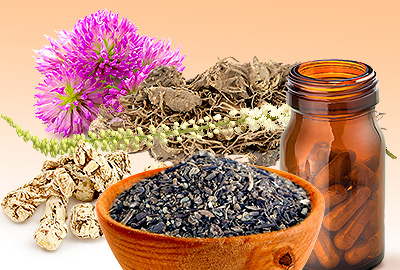Menopause, while a natural transition, can be associated with many uncomfortable symptoms. Whether you are suffering from hot flashes or mood swings, they can affect your life in a number of ways. Luckily, there are ways to manage your symptoms. This can be as easy as making positive changes in your diet and exercise routine, as well as finding healthy ways to relieve stress.
Even though there are thirty-four different menopause symptoms, the duration and frequency of those symptoms can typically decrease with these changes. Learn more about what you should incorporate into your diet to manage your menopause symptoms.
Water

Drinking water is one of the most important ways to stay healthy. Drinking eight glasses of water each day is recommended in order to remain hydrated. Always start the day with a glass and have it handy at your desk, your nightstand, or anywhere else you might need it. This will help keep your body temperature down and reduce anxiety.
Soy

Widely regarded as one of the best foods to eat during menopause, soy is full of estrogens that you need to balance your hormone levels. In fact, in countries such as Japan they do not even have a word for menopause because its occurrence is so rare. This is likely due to their soy intake. Full of phytoestrogens, soy can help reduce many symptoms.
Fruits and Vegetables

Fruits and vegetables, along with plenty of beans, nuts, and whole grains, will help your body better cope with the onset of menopause. These foods include many vital minerals and vitamins that help regulate the digestive system and keep your body and mind healthy and alert.
Lower Meat Intake

The liver has a more difficult time breaking down the hormones that are found in meat, so reducing your consumption of meat is recommended in order to maintain your health. However, it is important to get enough protein in your diet, so finding alternative protein sources is recommended.
Withdraw From Alcohol, Caffeine, and Smoking
Since alcohol, caffeine, and smoking can trigger or worsen many menopause symptoms, reducing your consumption of these substances is recommended in order to manage your symptoms.
More Information on Adapting Your Diet for Menopause
These dietary shifts can go a long way not only in improving your overall health, but can decrease the frequency and severity of many menopause symptoms. However, these dietary changes work best alongside stress relief and exercise, so it is important to implement those changes into your daily life. Click on the following link for more information about menopause and ways to manage it.
Sources
- BMJ Group. "Menopause: What is it?" Patient Leaflet. 2007.
- Hopkins, Virginia. Lee, John R. M.D. What Your Doctor May Not Tell You About Menopause. New York: Warner Books Inc., 1996.
- Love, Susan M.D. Menopause and Hormone Book. New York: Three Rivers Press, 2003.
- Martin, Raquel. The Estrogen Alternative. Rochester, VT: Healing Arts Press, 2000.



